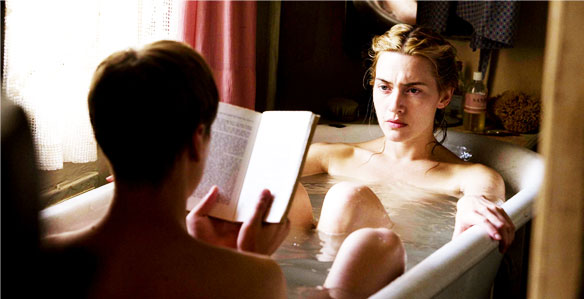
So you've got a great idea for a story. You're sure it's going to work. You've got the start, middle and ending all clear in your head. It's a wicked quest, or intricate love triangle. It's a coming of age story, or it's sci-fi piece.
The world you create is one thing. And it really could be amazing. The problems may start, or have already started to poke huge cracks through your story. Whilst it could be plot holes, nursery level grammar, or something else, what can you do about it?
Look at your characters.
Are they one dimensional? You may not think so, but they possibly are. This could be a huge reason why the story isn't working. If it cannot work for you, the creator, how can it work for other readers?
Your characters have to possess multiple layers to their personality and make-up. It's not enough to say 'Sarah has brown hair.' Is it relevant to the plot? If so, expand on this. What hairstyle best pleases Sarah? Why does she wear it the way she does? Is she trying to impress someone, or just please herself?
Actions:-
A serial killer could be considered one dimensional, because we could not generally envisage doing things that they do. Often they plan their kills, so this area has great scope and potential for development. It won't be enough to say 'he's bad because his father never said 'I'm proud of you, son.' There has to be a reason for why they do what they do. If you give the reader enough back-story, they'll appreciate it.
A man who leaves his wife could be under financial pressure, having an affair, esteem issues through having lost his job - perhaps all three. A man just does not get up in the morning and decide to end a 25 year old marriage. Give the reader some breadcrumbs as to why.
Vampires, werewolves, witches and demons. You know, not every vampire has to be 'hot.' Not every witch has to be cool, or own a black cat. It may not be erotic to pitch your heroine to a demon, just so she can convert his bad ways. Fantasy characters have to have certain believable elements about them. The ones I like the most are characters that could - if you stretch the suspension of disbelief enough - fit right into our world. Yes, they may do things that differentiate us from them, but that's how it should be, right?

Don't over egg your pudding.
Sometimes, your readers will want to catch their breath. Give your characters a break too. If it's a novella, accept that you will have to keep things tight, but a full length novel lets your characters have fun, relax, smile, cry - in essence they grow and enrich the story because you have allowed them that privilege.
If you throw them from one scene to the next, eventually there needs to be a payback. The scenes must link together and be part of a bigger picture that ties up in the end. If you give your characters yet another car chase, what's the point if they had one earlier in the story?
Writing a death scene.
Your readers invest in you their time and their energy into the characters you have created. If you kill one of them off, you had better have a good reason. It's not enough to kill character AB because you ran out of story. What if you need them later?
Write the scene with great care. Make your readers feel it. The death of anyone should have an impact. The fact that your scenes are about fictional characters should not lessen the impact if readers care about them.
Pretentiousness in your characters.
You can't have a character quoting Keats one moment before committing a stupid act in the next scene. They should not use overlong sentences to make their point. This type of badly drawn character is the one I detest the most. A character can be honourable, charming and cool. Just use the dictionary and thesaurus for what you need, then set them down and write how you truly believe they would act, and use lines that they would say. It's got to be believable, otherwise your readers won't buy into it.
More next time. Until then, happy reading and writing, and er...oh yeah, editing and re-drafting. Don't forget that little puppy.
Previous WWW Tips are here
.





